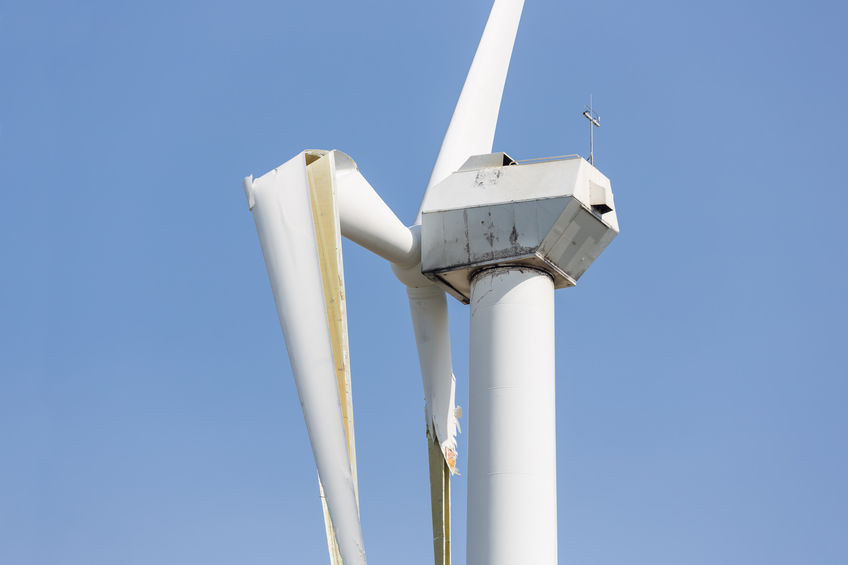Blade waste, other factors prove wind is no more green than solar
Duggan Flanakin
Environmentalists and wind energy opportunists (entrepreneurs who take advantage of overly generous tax credits and multiple other subsidies) want

you to believe wind energy is as pure “green” as newly driven snow is white, Eand as cheap as Taco Bell.
They never tell you about the costs – or the environmental destruction – that they have hidden from you for decades. But neither do most governments, news media or social media.
[This article is also being published by CFACT and is available here. Ed.]
Ars Technica science editor John Timmer says wind hardware prices are dropping, even as new turbine designs are increasing the typical power generated by each turbine. Timmer did admit that “wind is even cheaper at Continue reading “Wind turbines generate mountains of waste”


